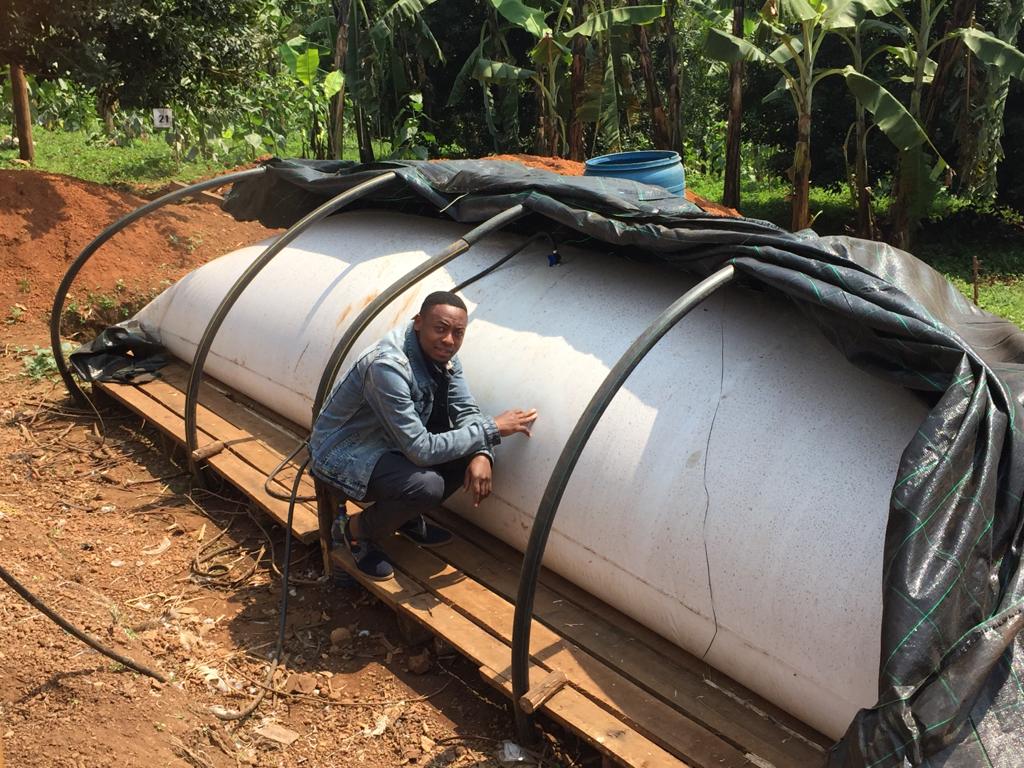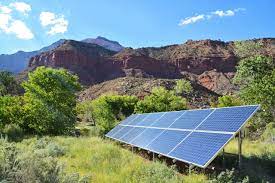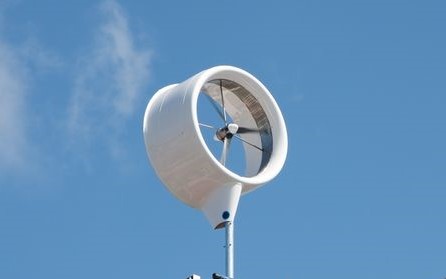project description
We aim to address the energy crisis in the remote community by adopting renewable energy sources. The community currently relies on traditional methods of energy production, such as cutting down trees, which not only threatens the local ecosystem but also contributes to negative climate change. This project aims to transition the community to sustainable energy sources like bio-gas, solar power, and wind energy, ensuring a cleaner and more environmentally friendly energy supply.
Challenges
The primary challenge faced by the community is the lack of access to energy, which hinders the overall development of the community. The traditional methods of energy production are not only unsustainable but also harm the environment. The community needs a reliable and sustainable energy source to support its daily activities and long-term development.
Solutions
- Bio-Gas Production: Utilize waste from the land and manure to produce bio-gas, a clean and renewable energy source.
- Solar Power: Install solar panels to harness the sun's energy and generate electricity.
- Wind Energy: Explore the possibility of harnessing wind energy to generate electricity.
- Energy Storage: Implement mobile home batteries to store energy generated from these sources.
Project Breakdown
- Stage 1: Planning and Preparation [10%]
- Conduct a thorough assessment of the community's energy needs and identify potential energy sources. [todo]
- Develop a detailed project plan, including timelines, budgets, and resource allocation.[todo]
- Establish partnerships with local organizations and stakeholders to ensure community buy-in and support.[todo]
- Stage 2: Bio-Gas Production [20%]
- Design and install bio-gas production facilities using waste from the land and manure. [todo]
- Train community members on the maintenance and operation of the bio-gas facilities. [todo]
- Implement a monitoring system to track the performance and efficiency of the bio-gas production. [todo]
- Stage 3: Solar Power Installation [20%]
- Conduct a site assessment to determine the best locations for solar panel installation. [todo]
- Install solar panels and connect them to the community's energy grid. [todo]
- Train community members on the maintenance and operation of the solar panels. [todo]
- Stage 4: Wind Energy Exploration [20%]
- Conduct a feasibility study to determine the viability of wind energy in the area. [todo]
- Install wind turbines if the study indicates a suitable location. [todo]
- Train community members on the maintenance and operation of the wind turbines. [todo]
- Stage 5: Energy Storage and Distribution [20%]
- Install mobile home batteries to store energy generated from the bio-gas, solar, and wind sources. [todo]
- Implement a distribution system to ensure energy is accessible to all community members. [todo]
- Train community members on the maintenance and operation of the energy storage and distribution system. [todo]
- Stage 6: Monitoring and Evaluation [10%]
- Monitor the performance and efficiency of the bio-gas, solar, and wind energy systems. [todo]
- Evaluate the impact of the project on the community's energy needs and overall development. [todo]
- Identify areas for improvement and make necessary adjustments to the project. [todo]
Scope
- Conducting a comprehensive assessment of the community's energy needs
- Identifying suitable renewable energy sources such as bio-gas, solar power, and wind energy
- Designing and installing bio-gas production facilities
- Installing solar panels and connecting them to the community's energy grid
- Exploring the feasibility of wind energy and installing turbines if viable
- Implementing energy storage solutions using mobile home batteries
- Monitoring and evaluating the performance and impact of the renewable energy systems
Definition of "Done"
The project will be considered successfully completed when a sustainable energy supply is established for the community of 60 children and 6 adults in Mityana Kalangalo. This includes the successful implementation of bio-gas, solar power, or wind energy solutions, ensuring a cleaner and environmentally friendly energy source for the community
Expected from Project Facilitator
The Energy Project facilitator will be responsible for the overall planning, implementation, and monitoring of the renewable energy project in the remote community. Their key responsibilities include:
- Conduct a comprehensive assessment of the community's energy needs and identify suitable renewable energy sources
- Develop a detailed project plan, including timelines, budgets, and resource allocation
- Establish partnerships with stakeholders to ensure community buy-in and support
- Coordinate the activities of the project team and ensure seamless execution of the project
- Design and oversee the installation of bio-gas production facilities using waste from the land and manure
- Train community members on the maintenance and operation of the bio-gas facilities Implement a monitoring system to track the performance and efficiency of the bio-gas production Solar Power Installation
- Conduct a site assessment to determine the best locations for solar panel installation
- Oversee the installation of solar panels and their connection to the community's energy grid Train community members on the
- Conduct a feasibility study to determine the viability of wind energy in the area If feasible, oversee the installation of wind turbines Train community members on the maintenance and operation of the wind turbines Energy Storage and Distribution
- Oversee the installation of mobile home batteries to store energy generated from the bio-gas, solar, and wind sources
- Implement a distribution system to ensure energy is accessible to all community members Train community members on the maintenance and operation of the energy storage and distribution system Monitoring and Evaluation
- Monitor the performance and efficiency of the bio-gas, solar, and wind energy systems
- Evaluate the impact of the project on the community's energy needs and overall development Identify areas for improvement and make necessary adjustments to the project Reporting and Communication
- Regularly report to the review committee on the progress, challenges, and outcomes of the project
- Maintain effective communication with the community, local stakeholders, and project partners
- Ensure transparency and accountability in the project's implementation


